Creating a Culture of Belonging: Part One
This past weekend a 15-member PKS team – students, parents, alumni, teachers, trustees, and Dr. Keisha – attended a conference along with 12 other Bay Area schools on Creating a Culture of Belonging, hosted at the San Francisco Friends School by the organization Pollyanna. We listened, learned, and shared approaches and insights about how schools are fostering a sense of belonging in their communities, how they are addressing complex local and global issues, and how they are opening space for diverse voices and perspectives. Ours was the only bilingual school in attendance, and the additional complexities we wrestle with made for rich conversations!
Why belonging?
As Loris Malaguzzi, founder of the Reggio Emilia educational philosophy, wrote, “Ensuring that every child feels a sense of security and belonging within the school enables each child to accept and participate actively in transforming situations that are part of learning experiences.”
Belonging sets the stage for learning. When children feel accepted, connected, and included within their family, classroom group and larger community, it supports their emotional security and well-being. From that place of safety and belonging grows curiosity and the cognitive receptivity to investigate surroundings, take risks, explore new concepts, and collaborate with others - the kind of engagement with the world we know leads to better overall learning outcomes.
How does belonging relate to the PKS program?
Belonging is not about fitting in, or checking boxes, or waving flags – it is about opening space for each child to feel valued on an individual basis each and every day at school. It’s why our team is so fully engaged in the lives of our children, from the moment we lift them out of the car in preschool to the moment they walk across the graduation stage and take their first tentative steps into high school. It’s why we conduct surveys of belonging for our older students, to ascertain how they are feeling, whether or not they are connected in meaningful ways to the adults at school, and whether they are seeing themselves, their experiences, and their values reflected in the school community. It’s why our active and committed parent community has embraced so many key initiatives, including the PA Service Learning Committee, DEI Committee, LGBTQIA+ Affinity Group, and Neurodiversity Affinity Group.
It’s also why we have used the racial literacy curriculum from Pollyanna and the social justice standards from Learning for Justice as reference for our Units of Exploration. And it’s why we’ve engaged Dr. Keisha, who has been with us on campus for a two week residency – to help us diversify the materials in our library; to help ensure that the seeds of social justice, service learning, and cultural and racial literacy are embedded in our curriculum; and that we are learning to foster space within the school day for vulnerability, reflection, and the celebration of difference – whether race, gender, culture, learning style, cognitive profile, or perspective.
How is a culture of belonging compatible with our focus on global competencies?
I am guided by an idea that is fundamental to many traditions, but appears in Chinese as the notion of the 中庸 , the moderate or middle way. For me, this means representing the spectrum of thought on an issue and allowing students to make meaning for themselves and to find their own positions, voices, identities, and points of view. This also means listening to voices on the fringe and even extreme points of view in order to allow students to find their own voices and perspectives.
One of the students who attended the conference put it so eloquently: “I think it may be kind of challenging…to consider opinions or different perspectives…San Francisco can sometimes be too much of a safe zone…One way our school can improve is to teach more often about both sides of a certain argument and then allow students to form their own opinions…” Powerful stuff!
I’ll have more reflections to share in Part Two of this blog, particularly on the additional complexities - and the extraordinary opportunities! - we have as a bilingual, international school to integrate belonging and global competency skills.
For now, I’d like to sincerely thank the PKS conference team for opening up new perspectives for me and for the broader conference participants: 8th grade students Karina Quach and Sage Rafer; alumni Dylan Szeto and Maile Koidin; parents Karen Hong and Tricia Choi; faculty members Becky Shi, Haiyang Yu, Yangyang Han, and Alistair Crompton; trustees Mikhal Bouganim, Alejandra Rincon, and Theresa Johnson; and Dr. Keisha!




